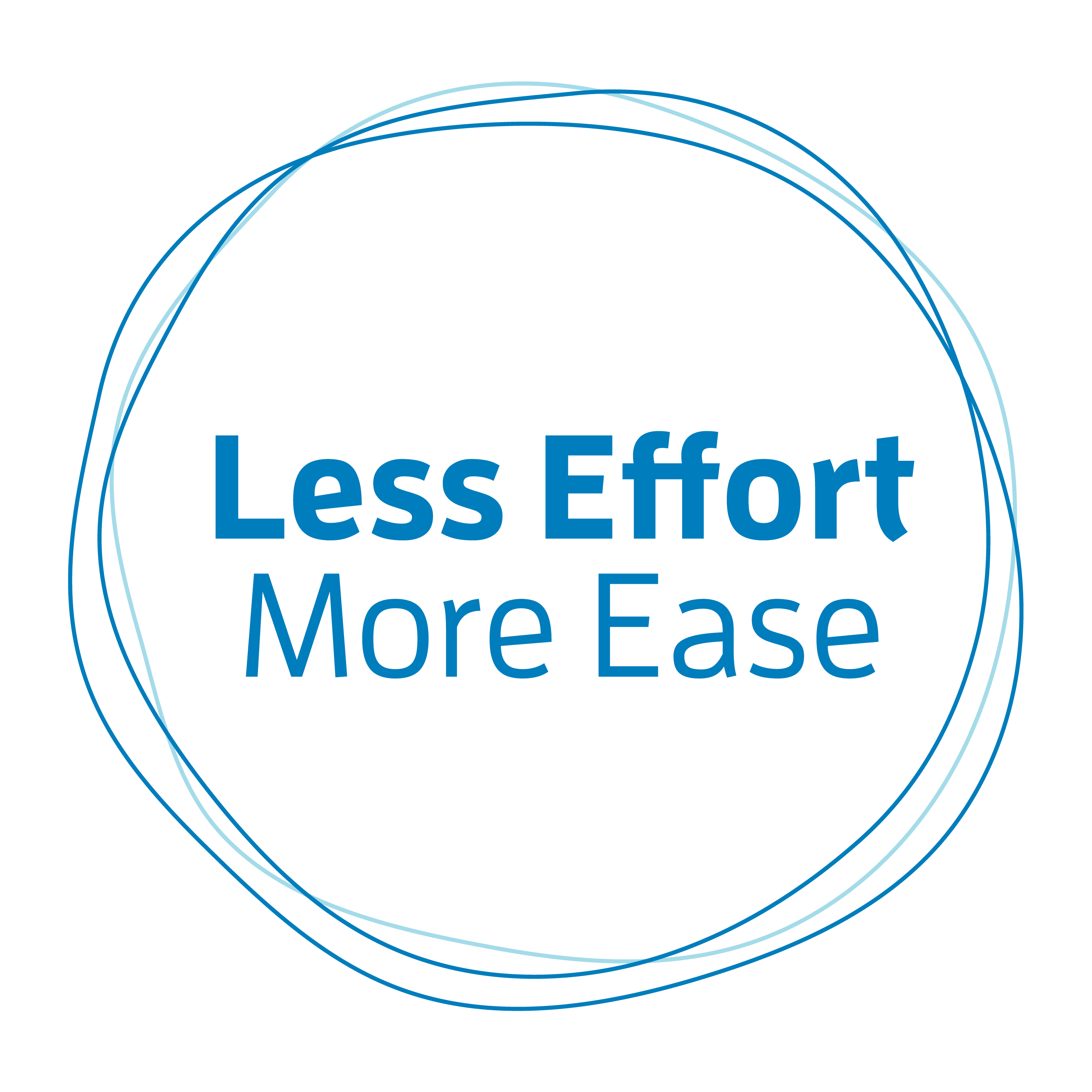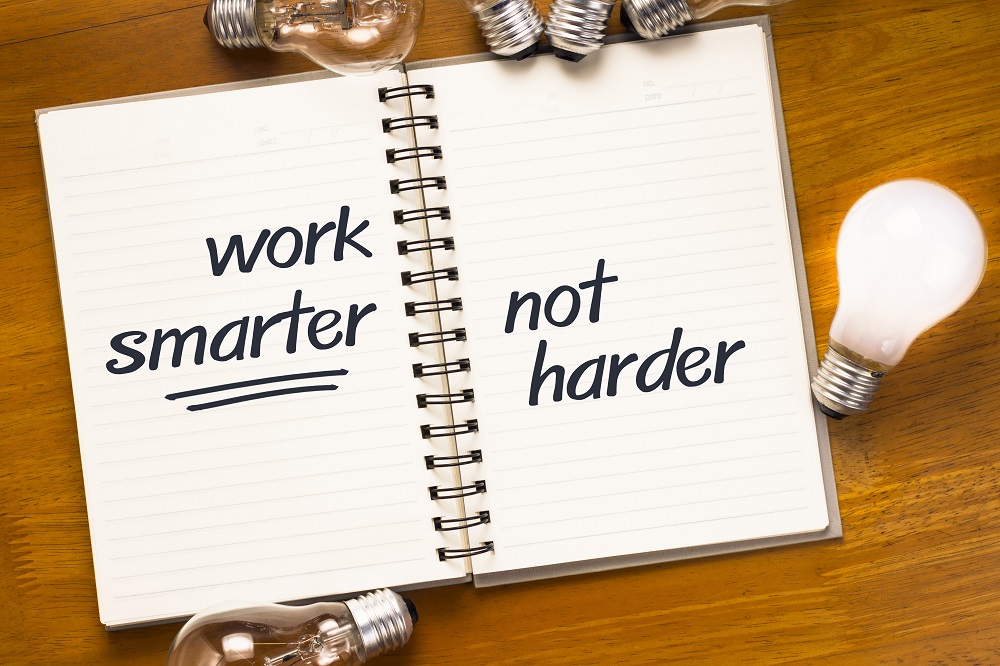I listened to an interview yesterday with a well-known financial advisor and author of a multitude of best-selling books. In the interview he talked about the 18-month sabbatical he took a few years back and how not working for a year and a half had changed his outlook on work.
He realized how much taking time off was essential to his productivity and happiness. He is now committed to continuing to take adequate time off on a regular basis. He was going to take a 6-week break this coming summer and 3 weeks off during ski season.
As I listened, I kept thinking who is he talking to? Not me, for sure.
I cannot afford to take that kind of time completely off. And you probably can’t either. Sure, I plan and take vacations.
But more importantly for me, I work smarter each day so that I don’t get to the point where I am so burned out I need to take a huge amount of time off to recover physically and mentally from my work life.
Everyone needs adequate rest to be productive. Getting adequate sleep is of course very important.
But you also need small amounts of rest (read: breaks from intense work) throughout the day.
I like to think of life as an ongoing work/rest cycle.
One question that I often ask my overly stressed students is whether or not they take a lunch break. If they don’t, this is a very good place to start making change.
Do you eat lunch at your desk and work through lunch? If so, is someone forcing you to do that? If you are honest, my guess is probably not.
What if you started with a choice to take your lunch break and actually make it a real break? You know, get up from your desk, go somewhere else to eat. Enjoy eating your lunch. Maybe read a few pages of a novel or talk to a friend. No work. Let yourself decompress a bit—both mentally and physically.
Making a change to your routine is not easy. Your routine is a habit. Habits are comfortable because they are familiar.
So my advice is to start with something that is easy to do but be consistent.
If you currently work through lunch every day start by committing to take a real lunch break one day a week. Maybe enlist a colleague to commit to it with you. I find peer pressure often helps. Over a number of weeks or months work up to taking a lunch break every day.
Start with one place in your day to fit in a rest break. Slowly you may find that you can find other creative ways to put small mini-rests into your day. And allow yourself to decompress both mentally and physically.
Image: patpitchaya/Shutterstock




